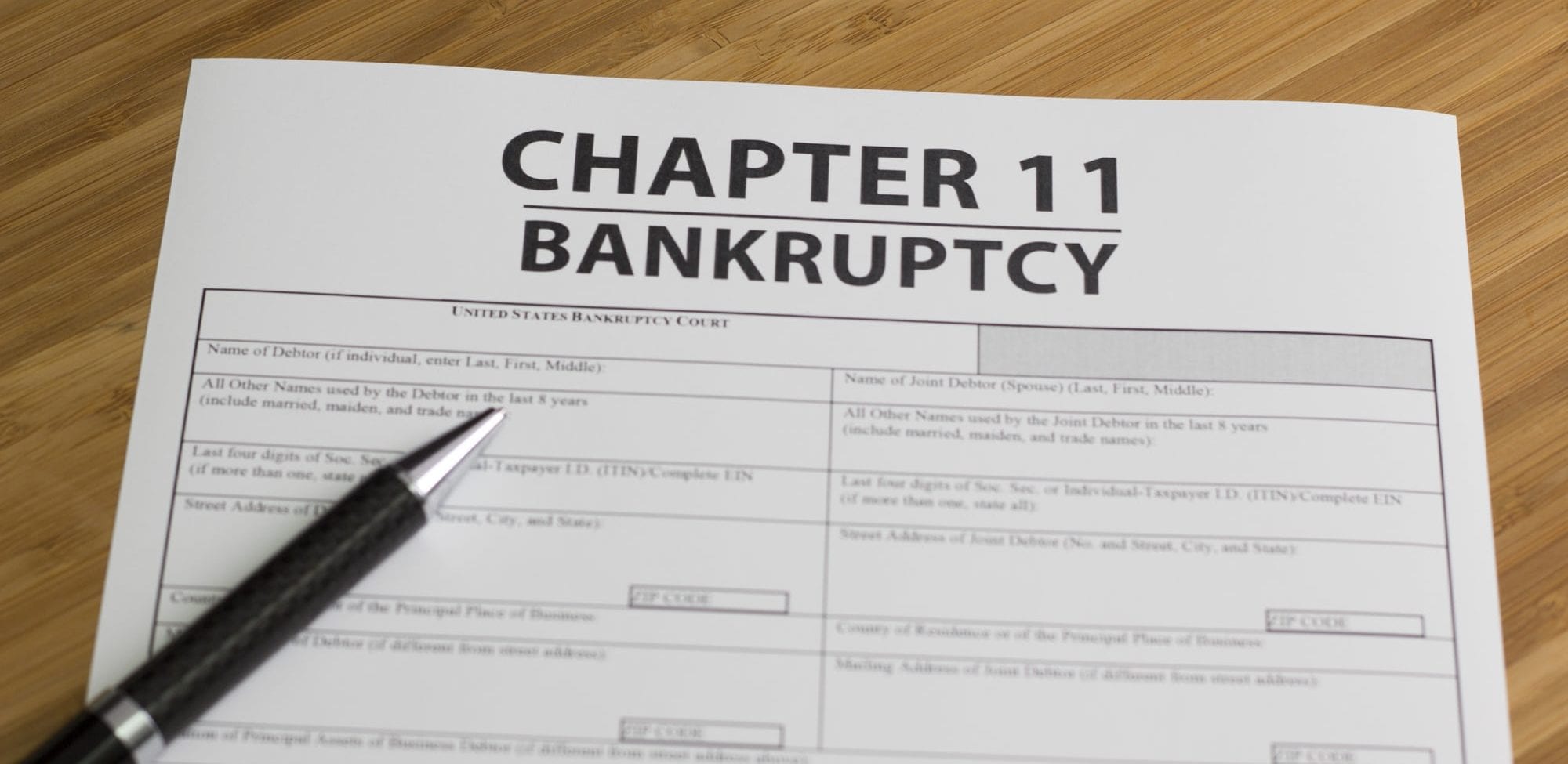Bankruptcy is a legal process designed to provide individuals and businesses with a fresh financial start when they are overwhelmed by debt. However, despite its potential benefits, it is often associated with intense stress and emotional turmoil. In this article, we will explore the reasons why bankruptcy can be so stressful, shedding light on the psychological and practical aspects that contribute to this strain.
The Weight of Financial Burden
Bankruptcy typically arises from an individual or entity’s inability to manage their debts effectively. The weight of mounting debt can be emotionally draining, causing stress and anxiety. People may find themselves trapped in a seemingly endless cycle of financial struggle, leading to sleepless nights and a constant state of worry.
Stigma and Shame
Bankruptcy is often accompanied by a social stigma. Individuals may feel ashamed or embarrassed about their financial difficulties, and this can lead to emotional distress. The fear of judgment from family, friends, and society as a whole can make the bankruptcy process an emotionally challenging journey.
Loss of Assets and Property
One of the most distressing aspects of bankruptcy is the potential loss of assets and property. When someone files for bankruptcy, there is a possibility that they may have to give up their home, car, or other valuable possessions to repay creditors. This loss can be emotionally devastating, as people are forced to part with items that hold sentimental value.
Uncertainty About the Future
Bankruptcy is often seen as a last resort. Those who file for bankruptcy have typically exhausted all other options. This sense of finality and the uncertainty about what the future holds can create immense stress. People may worry about how they will support themselves and their families, find housing, or rebuild their financial lives.
Legal Complexities
Navigating the bankruptcy process can be legally complex and overwhelming for individuals who lack a legal background. The intricate paperwork, court appearances, and creditor negotiations can all contribute to stress. This is where the guidance of an experienced bankruptcy attorney can be invaluable, as they can help clients understand the legal aspects and manage the process more smoothly.
Financial and Emotional Toll
The financial repercussions of bankruptcy are not limited to just debt relief. There are costs associated with filing for bankruptcy, attorney fees, and the potential for a damaged credit score. All of these financial concerns can be emotionally taxing.
The Emotional Toll on Relationships
Bankruptcy can also strain personal relationships. The stress associated with financial difficulties can lead to arguments and tension within families and between spouses or partners. These strains on relationships can make the emotional toll even more significant.
1. Can I avoid bankruptcy-related stress? While bankruptcy is inherently stressful, you can take steps to minimize the emotional toll. Seeking professional guidance from a bankruptcy attorney and maintaining open communication with loved ones can help you navigate this challenging process with more support and less stress.
2. How long will bankruptcy stay on my credit report, and will it continue to affect my credit score? Bankruptcy can remain on your credit report for seven to ten years, depending on the type of bankruptcy filed. It will have a negative impact on your credit score during that time. However, with responsible financial management, you can start rebuilding your credit sooner than you might think.
3. Are there alternatives to bankruptcy that may be less stressful? Yes, there are alternatives, such as debt consolidation or negotiation with creditors. These options may help you avoid bankruptcy, but they also come with their own challenges. Consulting a financial advisor or bankruptcy attorney can help you determine the best approach for your specific situation.
4. Can I keep any of my assets in bankruptcy? The ability to retain assets in bankruptcy depends on the type of bankruptcy you file and your specific circumstances. In a Chapter 7 bankruptcy, certain assets may be exempt, but non-exempt assets may need to be sold to repay creditors. In a Chapter 13 bankruptcy, you can usually keep your assets but will repay your debts through a court-approved plan.
Conclusion
Bankruptcy is undeniably a stressful process, both financially and emotionally. The weight of financial burden, societal stigma, the potential loss of assets, and the uncertainty about the future all contribute to the stress associated with bankruptcy. However, it’s important to remember that bankruptcy is a legal remedy designed to provide relief for those in dire financial straits. Seeking professional guidance and support can help individuals and businesses manage this challenging journey and eventually regain their financial footing. While bankruptcy may be a difficult path, it is a path towards a fresh financial start and a brighter future.







